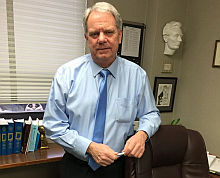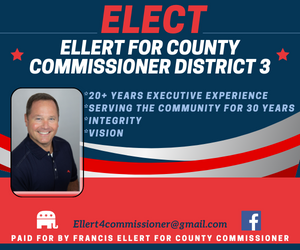 Legislators halted any progress of legalizing medical marijuana in Indiana on Thursday after a study committee failed to agree on how to move the issue forward.
Legislators halted any progress of legalizing medical marijuana in Indiana on Thursday after a study committee failed to agree on how to move the issue forward.
The Interim Study Committee on Public Health, Behavioral Health and Human Services heard several hours of testimony from medical professionals, legislators and citizens on both sides. But by the end of the meeting, no further recommendations had been made.
Those in favor of the legalization argued cannabis could benefit Hoosiers suffering from chronic illness, mental health disorders, PTSD and other conditions. Proponents also contended the drug could serve as an alternative to more addictive medications contributing to the state’s opioid epidemic.
After serving as a Marshall County prosecuting attorney for nearly 40 years, Nelson Chipman said his life changed forever when he discovered a cancerous lump in his neck in 2017.
He was prescribed narcotics oxycodone and morphine alongside his radiation and chemotherapy, but quickly started looking for safer alternatives.
“As a prosecutor, I learned long ago of the incredibly addictive power of opioids,” he said. When he came across medicinal cannabis, Chipman thought he found an answer.
“I discussed it with my doctors and their responses were unanimous, so much so that they would recommend the treatment if they could. But they’re all licensed in Indiana and have no access to cannabis,” Chipman said. “It was as if this phase of my treatment was determined more by my ZIP code than my white blood cell counts.”
Currently, 31 states have legalized cannabis for medicinal purposes, including Indiana’s neighbors Illinois, Ohio and Michigan. But opponents argued that marijuana is still illegal under federal law and continues to be a gateway drug for teens.
Arizona addiction psychiatrist Ed Gogek stressed the damaging effects of marijuana on the adolescent brain, saying that he sustained harm from smoking pot as a teen.
Ally Dir of Indiana University School of Medicine and Drug Free Indiana agreed. She said states that pass favorable cannabis laws increases teens access to recreational marijuana.
Both sides did agree on the need for continued research and rigorous study on the use of medical marijuana before any permanent decisions are made for the Hoosier state.














